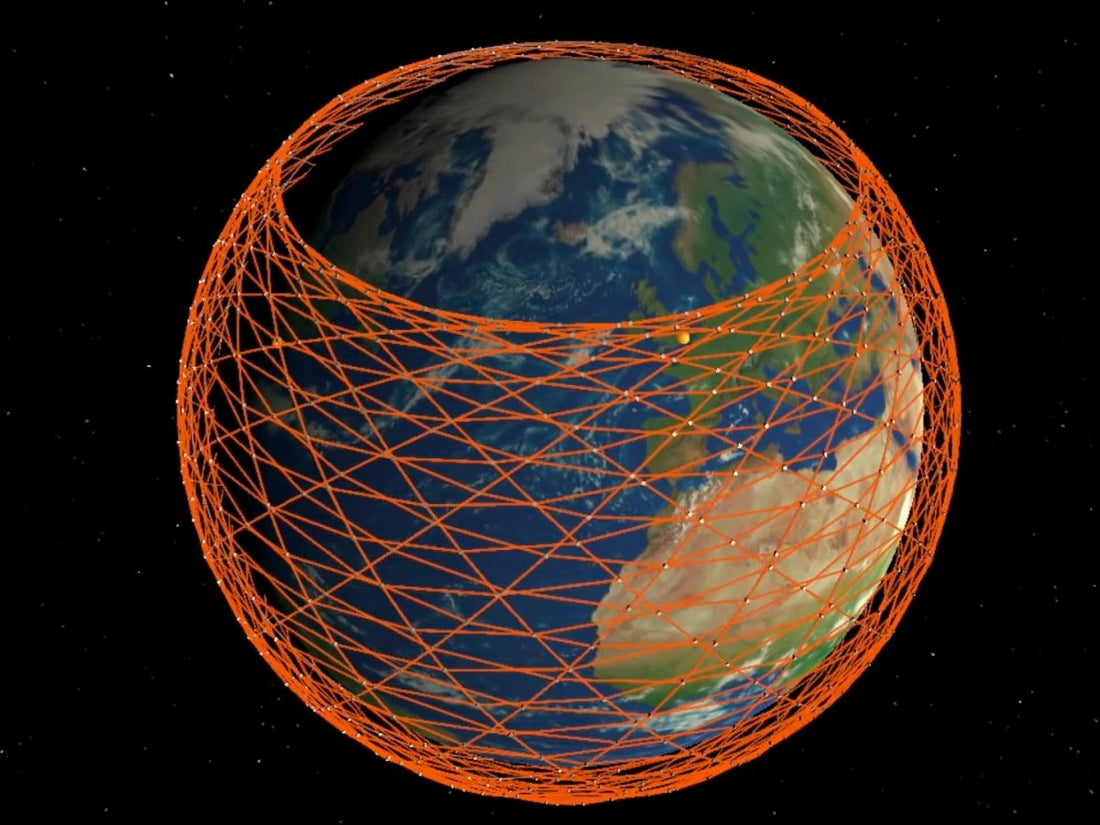
12,000 High-Speed Internet Satellites Launched by SpaceX has Begun.
Share
Elon has done it again...
Well, he's started doing it anyway.
The first 60 satellites of a network aimed to provide a global, super speed internet capability that will "...connect the globe with reliable and high-speed broadband services," have been launched successfully, as per a SpaceX tweet.
Just how fast is "high-speed"?
Well apparently, it is close to the speed of light in a vacuum.
The project codenamed Starlink has launched the first satellite pioneers from Cape Canaveral, the home of space exploration on Earth.

It took just an hour to launch the 13600kg payload and have the rocket's upper stage deploy all satellites at once roughly 440km above the ocean between us and Antarctica. Marking the companies largest payload to date.
Each satellite is roughly the size of a fridge complete with ion engines utilising krypton gas that will help the satellites manoeuvre and dodge other satellites and debris while maintaining the high-speed link.
The first 60 units will serve as a test phase and with all things proving optimal, 12,000 satellites will be in orbit by 2027.

This is not the required number to ensure that Starlink will work, with only 1,000 units needed to make the system economically functional.
A very exciting time for people all over the world as even those with no contact with the outside world can now functionally check their Instagram.




